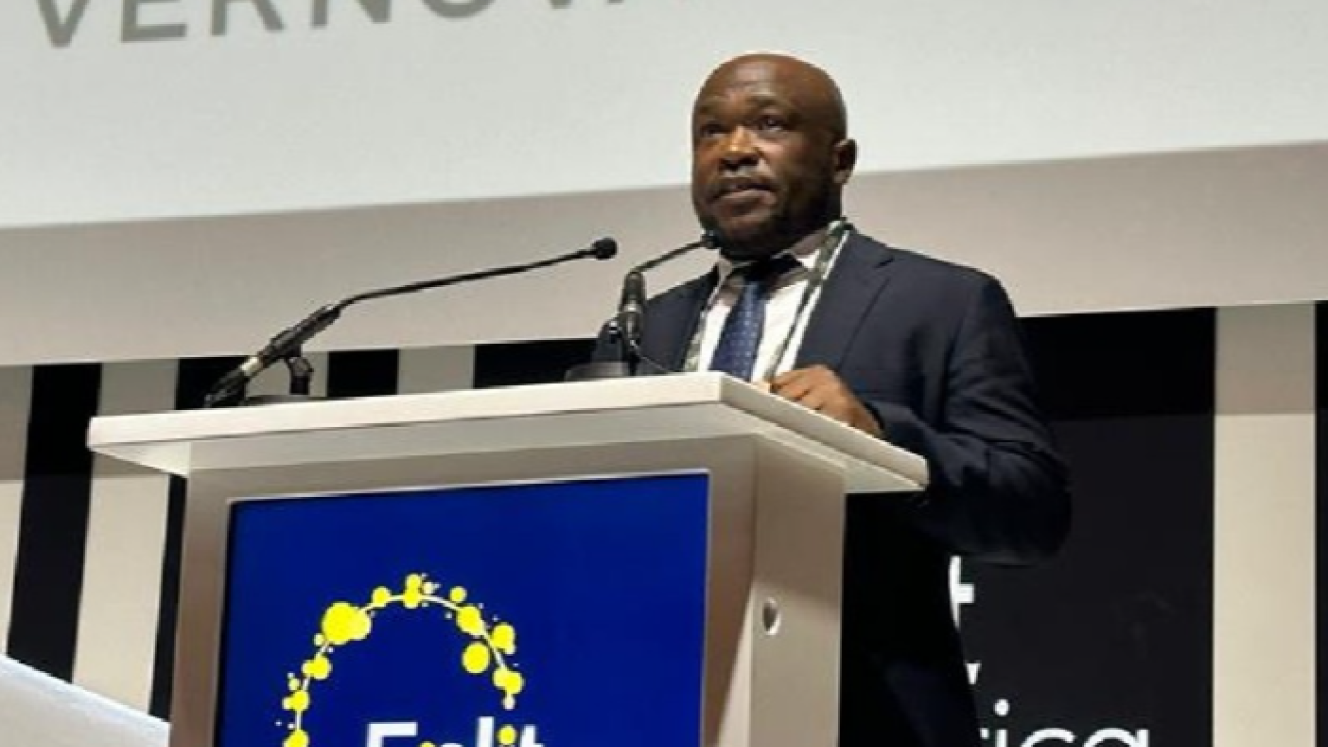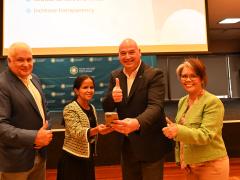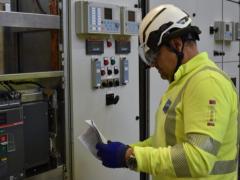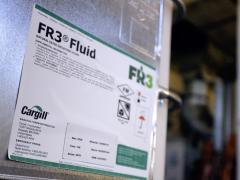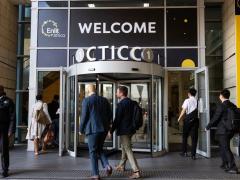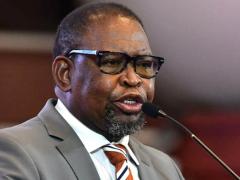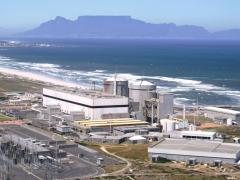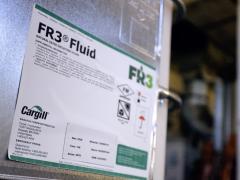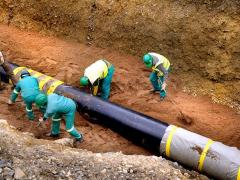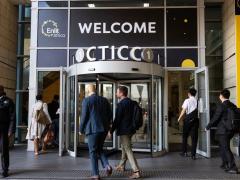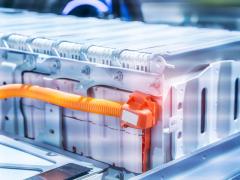South Africa must steadfastly pursue a diversified energy mix, reducing its dependence on a single source or a limited number of energy sources.
This was the message from Jacob Mbele, Director General of the Department of Mineral Resources and Energy (DMRE), during his keynote address on the opening day of Enlit Africa 2024, which is being held from May 21-23 at the Cape Town International Convention Centre.
Mbele emphasised that securing a stable energy supply until 2030 necessitates continuing the various electricity generation initiatives outlined in the Integrated Resource Plan 2019 (IRP 2019) and the Energy Action Plan (EAP). “Improving performance and availability of the Eskom power generation fleet is crucial to overcoming our current challenges.”
He added that this must be bolstered by generating capacity from diverse sources, including renewable energy and dispatchable capacity.
“This approach will ensure sufficient dispatchable capacity is available when unexpected failures occur,” explained Mbele.
In alignment with the EAP, Mbele outlined DMRE’s priorities:
- Intensify efforts to improve the Energy Availability Factor (EAF) wherever technically and commercially viable and delay the shutdown of coal-fired power plants to retain available dispatchable capacity.
- Accelerate deployment of additional dispatchable generation options, such as gas-to-power.
- Complete the extension of life of the Koeberg nuclear power station, given its reliability as a power source.
- Resolve the challenges associated with compliance with the minimum emission standards for some of Eskom’s coal-fired power plants.
- Support the expansion of transmission grid capacity to accommodate new generation capacity.
“Our future energy strategy must align with our national circumstances and economic growth plans, said Mbele. “Achieving net zero requires innovation. The International Energy Agency’s report on reaching net zero highlights that part of the solution will be from technologies not yet developed. We must, therefore, approach the energy transition with the aim of reducing emissions rather than simply replacing one technology with another.”
Mbele expressed his hope that the outcomes of Enlit 2024 would strengthen the resolve to achieve the energy transformation goals of the African Union’s Agenda 2063. “That agenda envisions Africa harnessing its own natural resources and ensuring access to modern,
efficient, and cost-effective energy sources for households, industries, and businesses,” he said.
